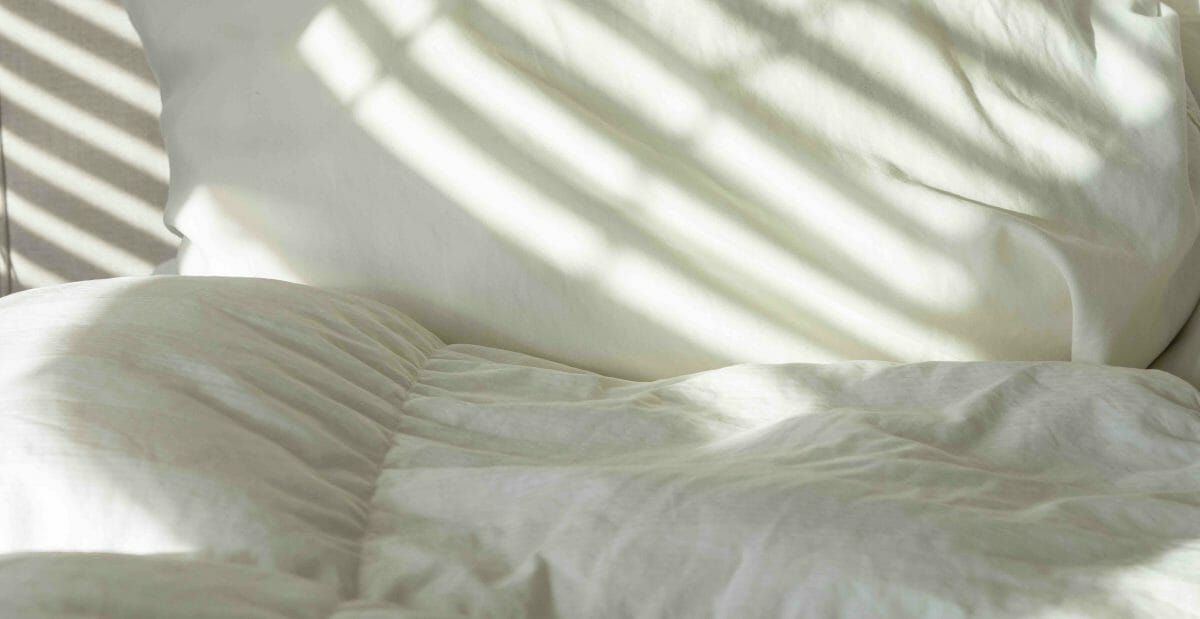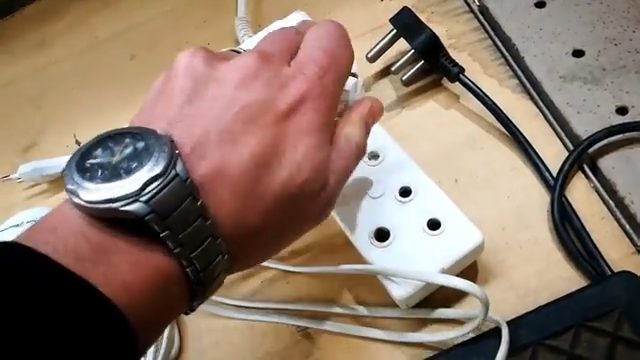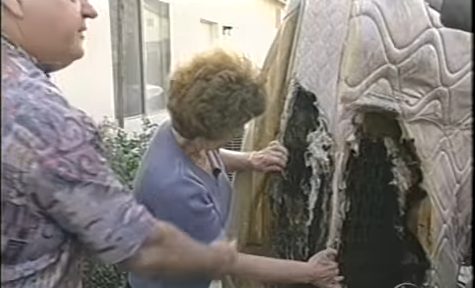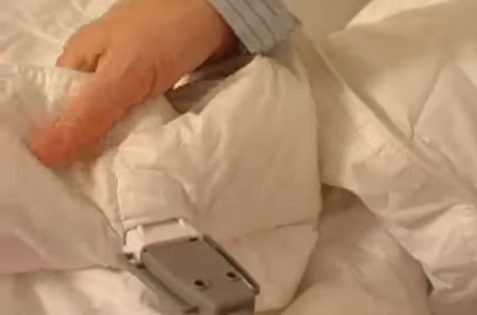Can I Plug My Electric Blanket into a Surge Protector?

An electric blanket is outfitted with wiring that heats heating pockets strategically placed throughout the design. Although the latest heating blankets are comparatively safer, a few safety procedures must still be followed.
Quick Summary: Electric heaters (electric blanket inclusive) are designed for cycling on and off, drawing a significant amount of current when turned on. This activity can overload a power strip, trip the circuit breaker, or cause dangerous overheating. As a result, these appliances should always be plugged into a specialized outlet, not a surge protector or power strip.
I will go into more detail in the sections below.
Can I Connect an Electric Blanket to a Surge Protector?

No, it may overheat or cause damage.
Electric heaters (electric blanket inclusive) are designed for cycling on and off, drawing a significant amount of current when turned on. This activity can overload a power strip, trip the circuit breaker, or cause dangerous overheating. As a result, these appliances should always be plugged into a specialized outlet, not a surge protector or power strip.
Electric Blanket — Energy Consumption
The best way to determine your electric blanket’s energy usage is to look at its rating tag and instructions. Beware, all approved electric blankets must adhere to strict UL rating guidelines. So, it’s safe to say you’re looking at 40 to 50 watts total. If you want to calculate its kWh rate, you could say it is 0.35 kWh for 8 hours. However, this is neither ideal nor recommended.
Can Heated Blankets Cause a Fire?

When using electrical power, remember that fire is always a risk. An electric blanket (or heating pad) is made up of wires and other components; if one of those wires frays or crimps, it becomes life-threatening. If you use the latest electric blanket, the fire risk is minimal.
The Electrical Safety Foundation International (ESFI) states that electric heating blankets cause nearly 500 fires each year. People over the age of ten cause the majority of home fires.
Electric Blanket Fires — Major Causes
Electric blanket fires are frequently caused by mechanical issues such as the ones listed below:
- Frayed and worn-out wires
- Rips in the fabric
- Sparks caused by a cable, plug, or outlet
- An on/off switch or temperature control that is not operating well
- Unavailability of automatic shutoff
You can verify any concerns with the blanket that could cause harm or a house fire.
Electric Blanket Safety Guidelines
Below are a few safety guidelines you should keep in mind to prevent dangerous consequences when using electric blankets.
- Please don’t turn on your electric blanket if it has been folded.
- The electric blanket should not be dry-cleaned or washed.
- Stop plugging electric blankets into an outlet controlled by the wall switch to prevent turning it on accidentally.
- Electric blankets should never be used on a customizable bed, water bed, or recliner. Cords and wires may fray or get pinched.
- If you are still worried, it is best to disconnect the blanket. If in doubt, read the safety tag on the heated blanket.
How to Use Electric Blankets Properly
Take the following precautions when using an electric blanket.

- Review the instruction manual thoroughly.
- Before using, inspect for damage.
- Avoid lying or sitting on top of your electric blanket.
- When not in use, turn it off.
- Before you go to sleep, turn off your electric blanket.
- Pets should not be allowed on the blanket because their claws could damage the cords.
- If your electric blanket doesn’t have a timer, disconnect it before bed.
Take a look at some of our related articles below.
- Do electrical fires smell like fish
- Can the electric company tell if I steal power
- How to wire multiple lights to one cord
Video References
Jan Du Toit
George McLaughlin
Good Housekeeping
